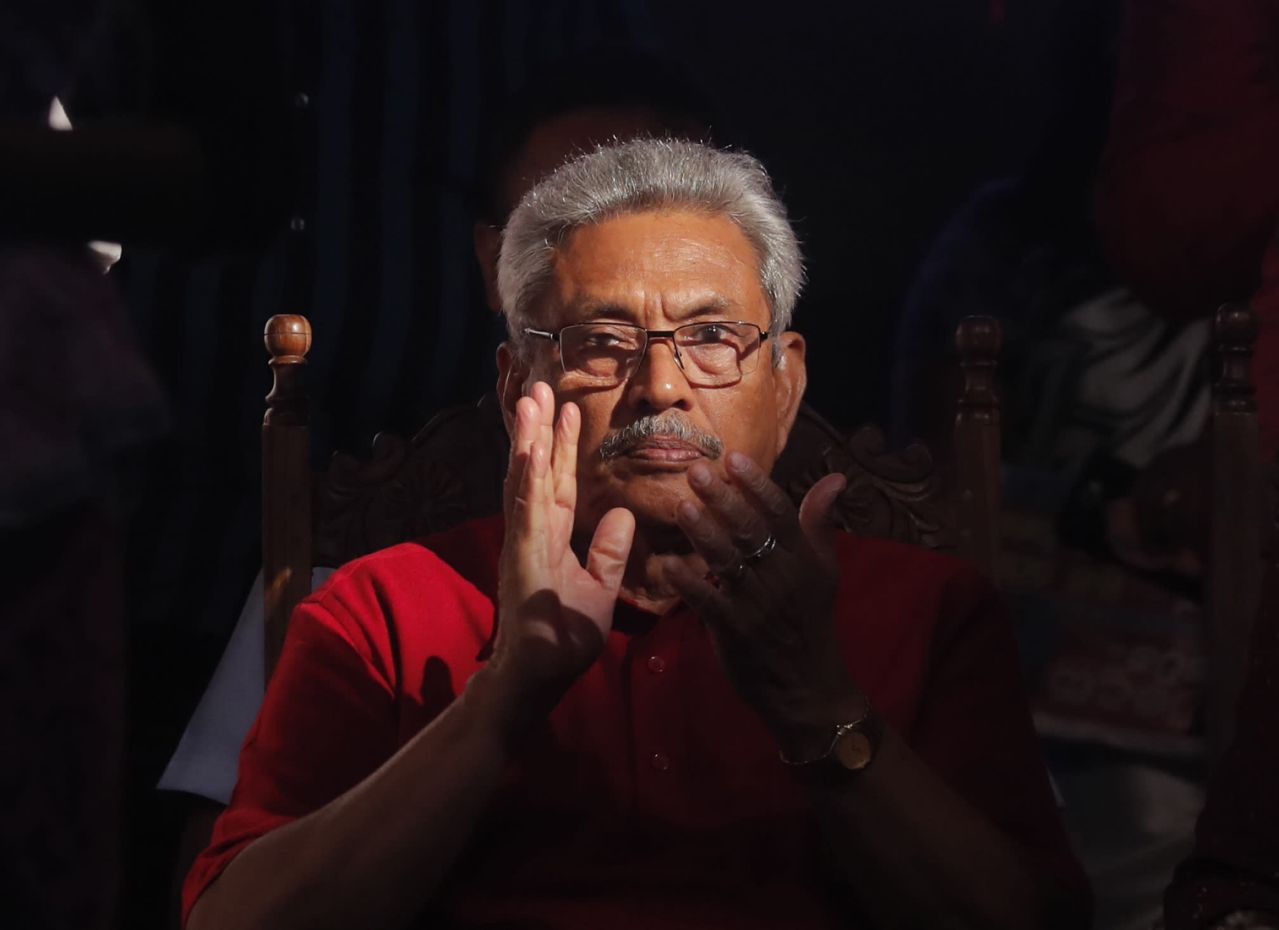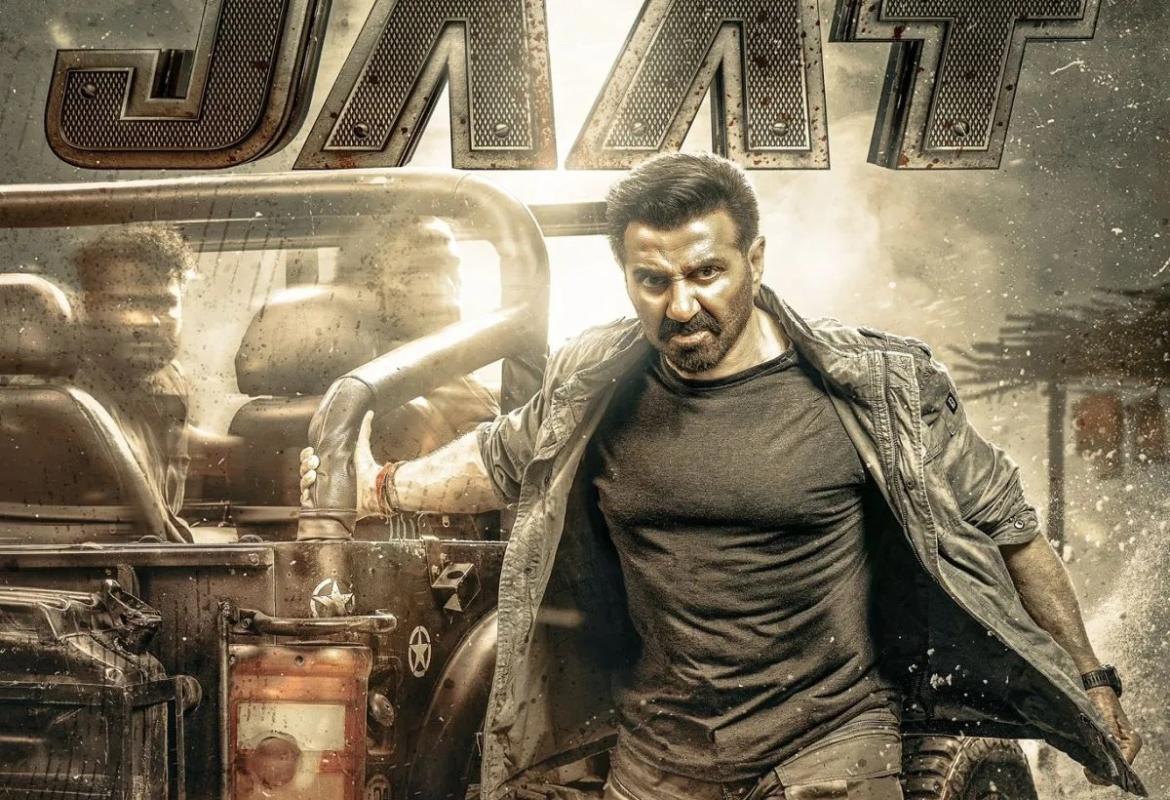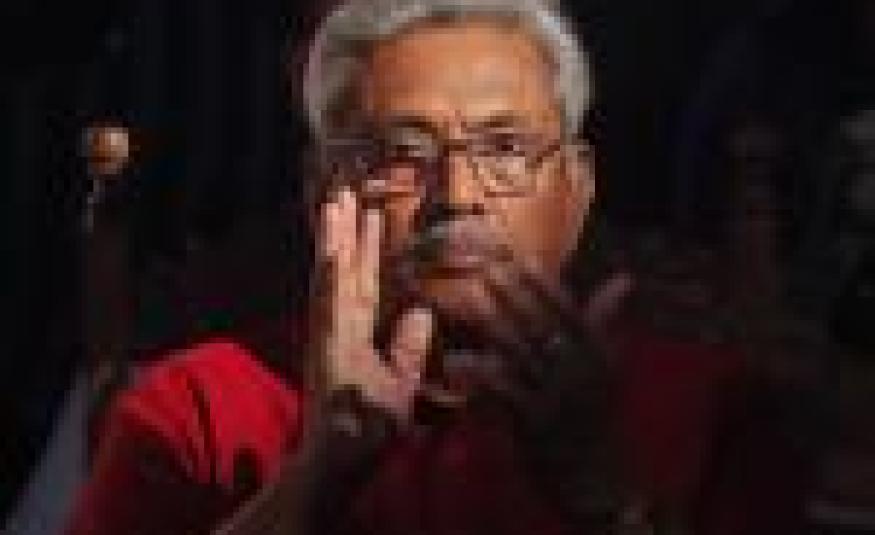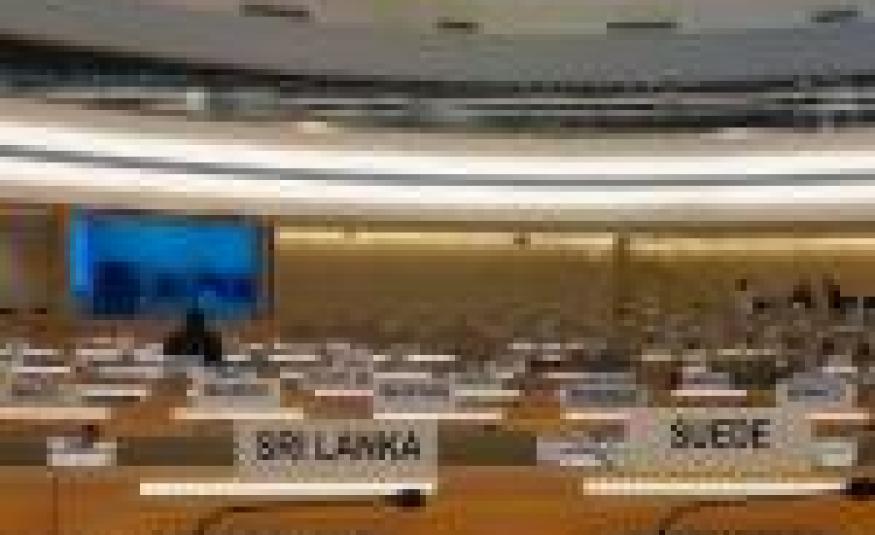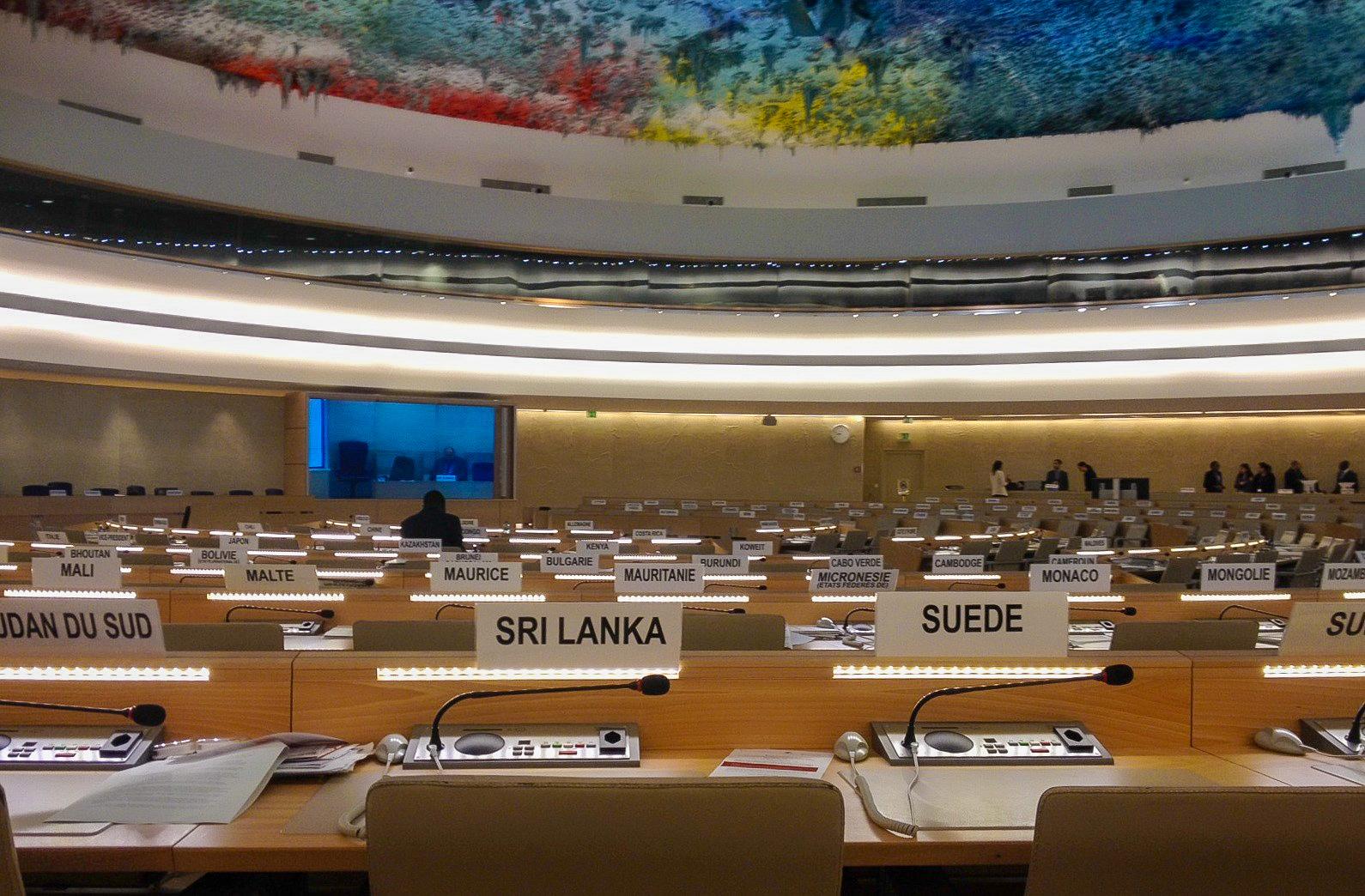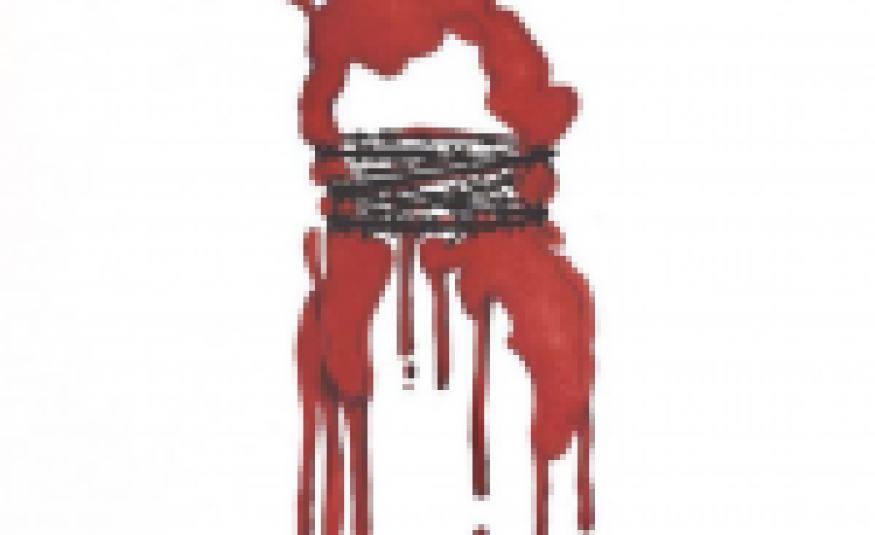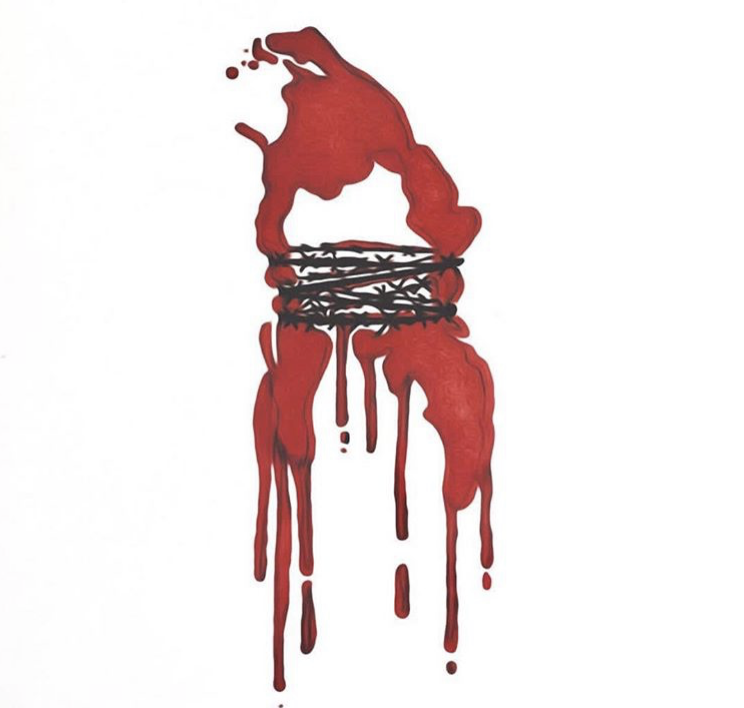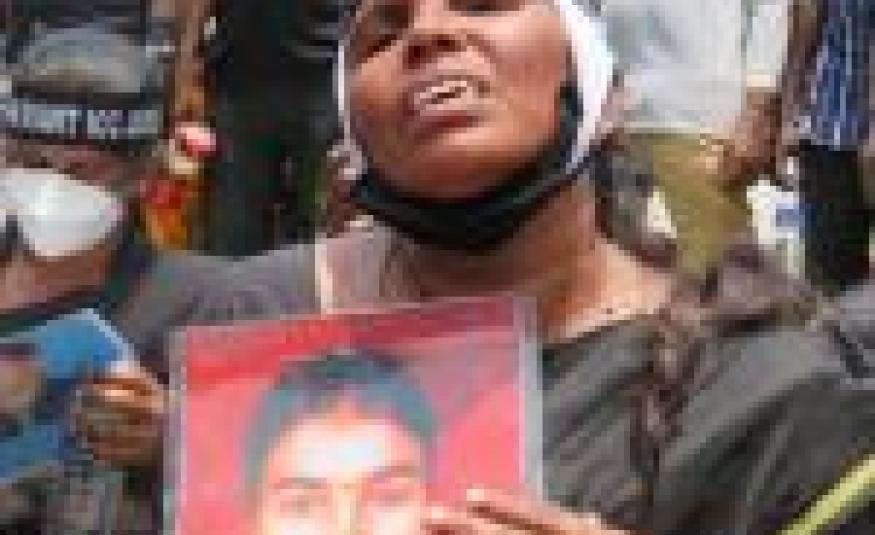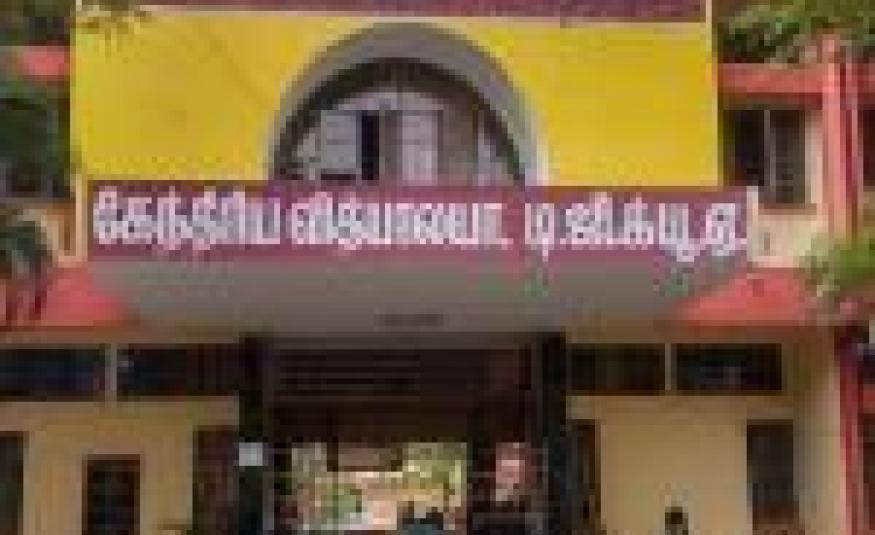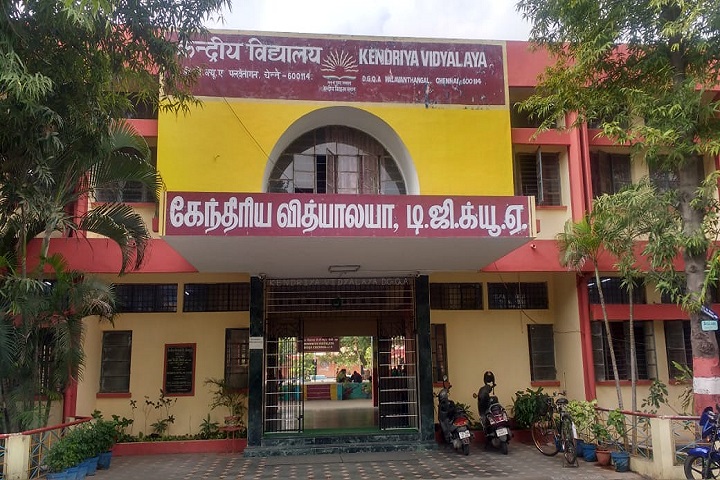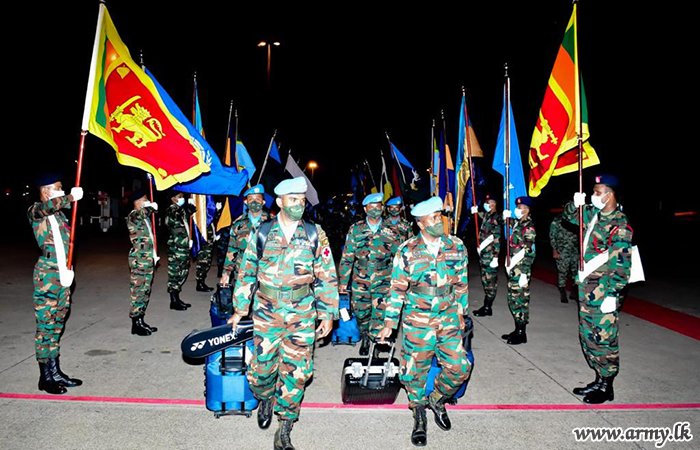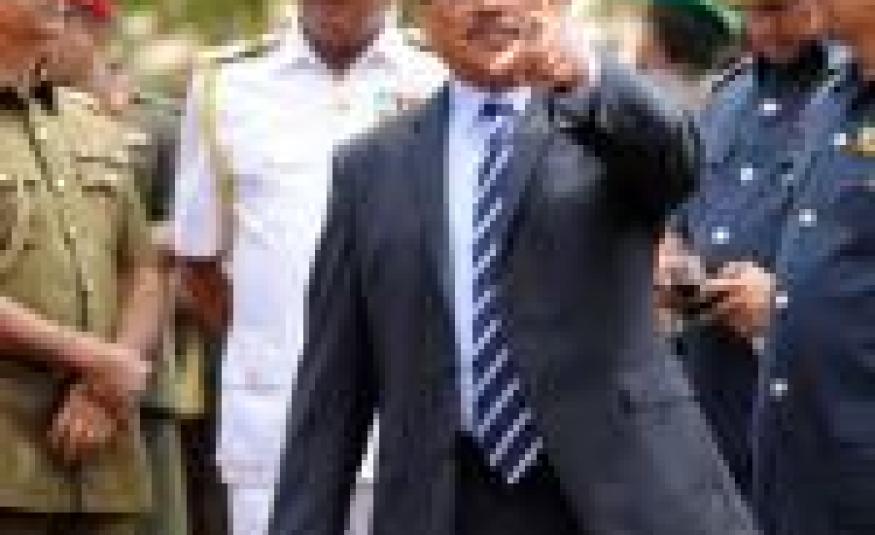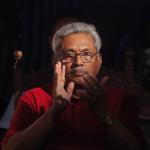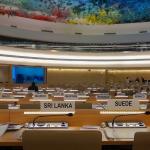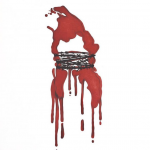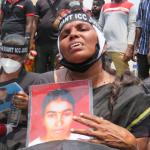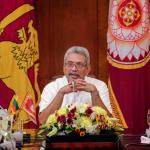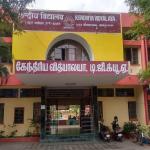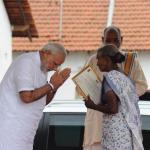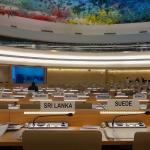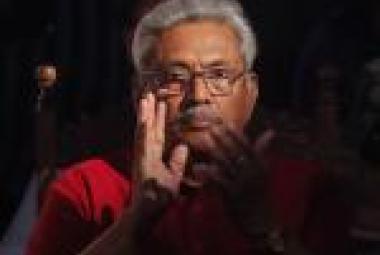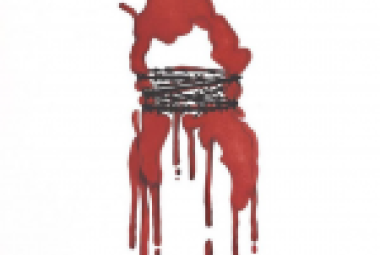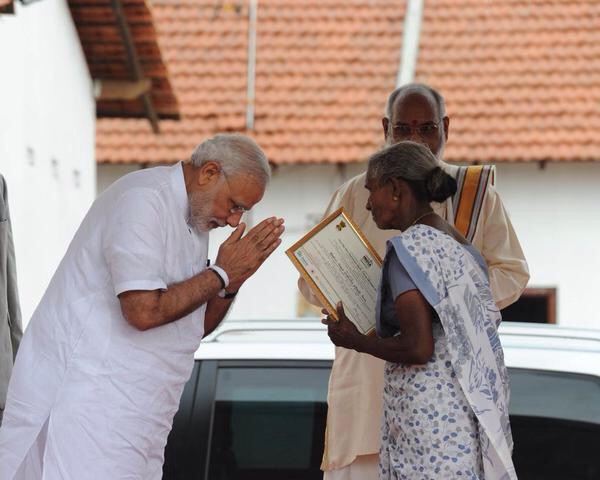
Writing in The Wire this week, Tamil Guardian features editor Thusiyan Nandakumar said the Indian government must “do more than pay lip service to Tamil concerns”.
Describing escalating tensions between India and Sri Lanka, Nandakumar said it “follows a long history of Sri Lankan ‘Indo-phobia’, driven by a protectionist, Sinhala-Buddhist nationalism that has been central to the island’s politics since independence”.
In India, as elections loom in Tamil Nadu, “outrage over Sri Lanka’s actions has been growing,” he added.
“These are sentiments that Modi will be acutely aware of, having raised them himself during a trip to Tamil Nadu’s capital earlier this month. In an address where he lauded the southern state, he took care to mention the plight of Indian fishermen arrested by Sri Lankan security forces and reaffirmed his commitment to “the welfare and aspirations of our Tamil brothers and sisters in Sri Lanka”. “We are always committed to ensuring that they live with equality, justice, peace and dignity,” he said.”
